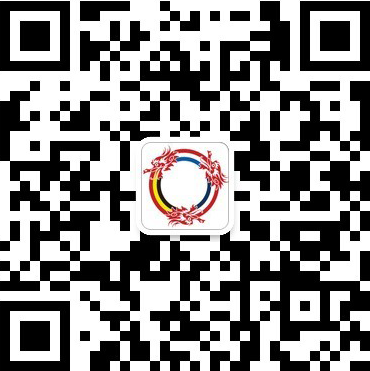Dutch PM visits Beijing: Future of Dutch-Chinese Relations
Source: CNBC
Author: Sheila Chiang
Editor: Lucy van Eck
On the 27th of March, the Dutch Prime Minister Mark Rutte and Chinese President Xi Jinping met in Beijing, marking their first formal discussion since their brief interaction on the sidelines of the G20 Summit held in Bali back in November 2022. This encounter was not just a courtesy visit, but a crucial part of Rutte's two-day working trip aimed at enhancing the diplomatic and economic ties between the Netherlands and China. The significance of this meeting extends beyond mere diplomatic formalities; it represents the effort to strengthen bilateral relations and promote a stable partnership amidst the global political and economic landscape. President Xi Jinping took this opportunity to stress China's commitment to maintaining an open dialogue with the Netherlands, emphasising the need for a business ecosystem that is both fair and transparent for Chinese enterprises, as highlighted in a report by Reuters. This dialogue comes at a critical point, with the Netherlands facing international pressure, notably from the United States, and confronting internal challenges related to ASML, a frontrunner in the chip manufacturing equipment sector. These issues underscore the delicate balance the Dutch government must achieve in navigating geopolitical tensions, safeguarding its economic interests, and preserving its historical commitment to free trade principles.
Despite the ongoing dispute concerning the export restrictions on chip manufacturing equipment—a matter that has introduced a strain on their interactions—both countries have shown a willingness to continue their collaborative efforts. Their cooperation spans a wide array of sectors, including but not limited to, initiatives aimed at fostering a green and low-carbon economy, advancing the silver economy, and tackling the urgent issue of climate change. During their discussions, President Xi specifically pointed out the necessity of deepening cooperation in traditional areas such as agriculture, water management, and energy sectors. Moreover, he underscored the potential for growth in emerging fields such as artificial intelligence and green technology transformations, signaling a forward-looking approach to bilateral cooperation.
Furthermore, President Xi advocated for the adoption of measures designed to facilitate more robust people-to-people connections, thereby enriching educational, cultural, and sub-national exchanges between the two nations. This emphasis on human-centric interactions is indicative of a desire to cultivate a deeper understanding and mutual respect, which are foundational to the enduring strength and complexity of the Netherlands-China relationship. Through these multifaceted engagements, both leaders aim to not only address immediate economic and political challenges but also to lay the groundwork for a sustained and mutually beneficial partnership that can navigate the uncertainties of the global arena.

